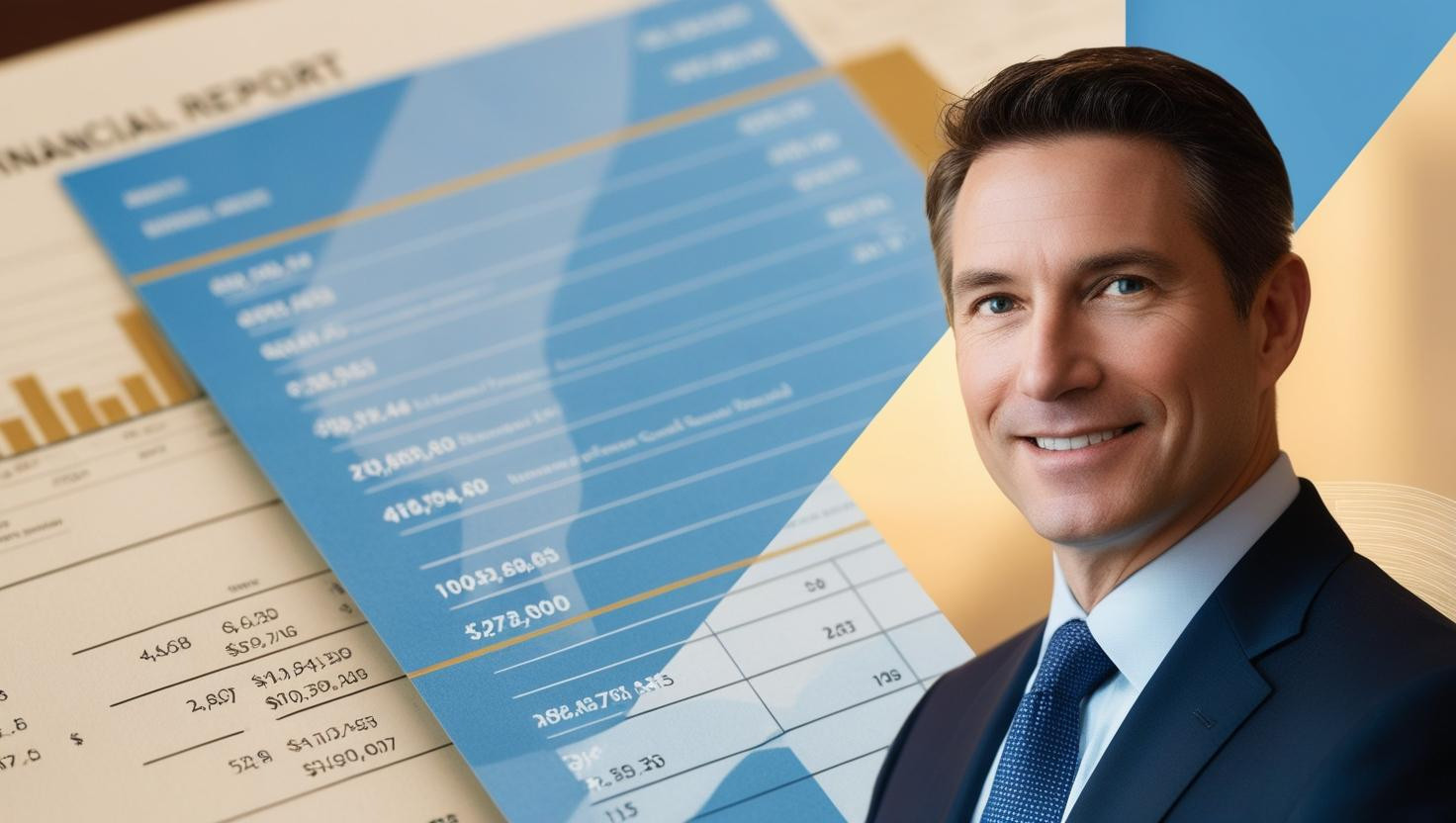
A growing number of publicly traded companies in Vietnam are reporting record-high cash reserves, with some firms holding billions of dollars in idle funds. Is this a smart financial strategy or a sign of upcoming major acquisitions?
Corporate giants amassing massive cash reserves
According to 2024 financial reports, several non-banking companies listed on the Vietnam stock market (VN-Index) have seen their cash and short-term financial investments surge to unprecedented levels.
A surprising new “cash king” has emerged. After years of dominance, PetroVietnam Gas (PV GAS – GAS) has been overtaken by Vingroup (VIC), led by billionaire Pham Nhat Vuong.
In 2024, Vingroup's cash and cash equivalents skyrocketed from 34 trillion VND (approx. $1.3 billion) at the end of 2023 to nearly 49 trillion VND ($1.9 billion). This marks an extraordinary jump, pushing PV GAS down the rankings after years at the top.
Another Vuong-affiliated real estate giant, Vinhomes (VHM), has also seen a dramatic cash balance surge, doubling to over 32 trillion VND ($1.3 billion).
Meanwhile, Binh Son Refining and Petrochemical (BSR) remains in second place, with cash holdings rising 13% to over 43 trillion VND ($1.7 billion).
Other major players with significant cash reserves include:
FPT Corporation (31 trillion VND)
Hoa Phat Group (HPG) (nearly 26 trillion VND)
Mobile World Group (MWG) (24.6 trillion VND)
Airports Corporation of Vietnam (ACV) (26.5 trillion VND)
VEAM, Duc Giang Chemicals, Vinamilk, Sabeco, Masan, PNJ, BVH, and more.
Several firms have seen substantial increases in cash holdings, including:
FPT (+28% YoY)
MWG (+16% YoY)
However, not all corporations are accumulating cash. HPG’s cash reserves dropped by nearly 25% due to investments in the Dung Quat 2 project, while ACV’s cash balance has also declined as it pours funds into the Long Thanh International Airport project.
Why are companies hoarding cash?
Large cash reserves can reflect strong financial performance and healthy cash flow. However, companies could be:
Exercising caution amid economic uncertainty.
Stockpiling funds for large-scale investments or acquisitions.
While Vingroup, MWG, and FPT have strengthened their cash flow, HPG and ACV are deploying funds for major infrastructure projects.
For instance, ACV’s cash balance dropped from 28.8 trillion VND in 2023 to 26.5 trillion VND in 2024 as it accelerated investment in Long Thanh International Airport.
Cash reserves: Strength or missed opportunity?
The impact of holding large cash reserves varies by company size and strategy. While abundant cash enhances financial flexibility, allowing firms to invest, repay debt, or weather market fluctuations, excessive cash hoarding can reduce capital efficiency.
For example:
Hoa Phat (HPG) leveraged strong cash reserves to survive economic downturns in 2022-2023.
Vinhomes (VHM) can swiftly launch real estate projects, even during market slumps.
HPG and ACV’s cash stockpile ensures stable funding for their ongoing megaprojects.
Cash reserves also boost corporate credibility, attracting investors, partners, and lenders.
However, holding too much idle cash without strategic deployment may result in missed high-return investment opportunities.
For example, Vingroup currently holds 42 trillion VND ($1.6 billion) in bank deposits with interest rates ranging from 1.9% to 7.1%, generating billions of dong in passive income.
Is cash really king?
While cash is often seen as a safeguard in uncertain times, companies must balance liquidity with investment efficiency.
Many large corporations, including Vingroup, HPG, and MWG, also carry substantial debt. In some cases, bank deposits can face risks, as seen in firms impacted by restructuring efforts at struggling banks.
Additionally, some companies inflate cash reserves artificially by:
Increasing short-term borrowing before reporting periods.
Reclassifying short-term investments as cash equivalents.
Recording revenue before actual cash collection.
Selling assets and leasing them back.
Thus, large cash reserves do not always indicate financial health. Instead, the cash-to-total-assets ratio provides better insight into a company’s liquidity:
High ratios: GAS, BSR, SAB, FPT, PNJ, MWG, REE.
Low ratios: VIC, VHM, NVL, MSN, VRE.
Some firms may see declining cash reserves yet maintain strong growth prospects. Others stockpile cash to expedite investments, such as HPG, VHM, and BSR.
While cash is often regarded as “king,” its true power lies in strategic utilization. Holding excessive idle funds can be a wasted opportunity if not deployed for expansion, innovation, or high-return ventures.
Manh Ha